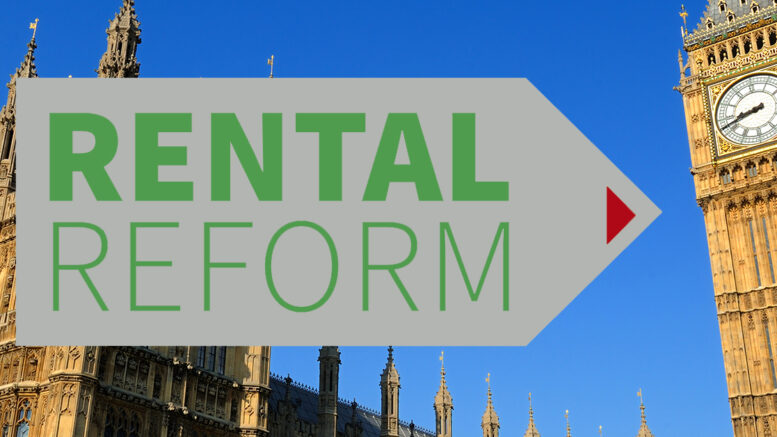Housing Minister Matthew Pennycook has dismissed concerns that the Renters’ Rights Bill will destabilise the UK rental market – but landlords say the government is turning a blind eye to the impact the legislation could have, especially on smaller private providers.
In a written response to a parliamentary question from Shadow Housing Secretary Kevin Hollinrake, Pennycook insisted the Bill was being shaped with input from landlords and investors and claimed: “We do not expect the bill to have a destabilising effect on the rental market or the Build to Rent sector.”
He added, “We will continue to work with good landlords and their representative associations to ensure a smooth transition to the new tenancy system.”
However, landlord groups and independent investors say these words offer little comfort. Many believe the government’s attempt to reassure the sector is out of step with on-the-ground realities, particularly as small-scale landlords exit the market in increasing numbers.
Build-to-rent escapes tougher rules
One of the major flashpoints is the unequal treatment of landlords depending on the type of property they own. While Build to Rent (BTR) developments and purpose-built student accommodation (PBSA) will reportedly be exempt from the Decent Homes Standard, smaller landlords will be expected to meet the full weight of new compliance rules.
That disparity is fuelling frustration. As one Yorkshire-based landlord put it: “They say they want fairness, but we’re being loaded with regulation while corporates carry on untouched – charging sky-high rents to boot.”
Recent market analysis has shown that some Build to Rent schemes in London are listing one-bedroom flats at £2,600 a month and three-bedroom homes at £4,600 – costs that dwarf what most individual landlords charge for similar properties.
Despite Pennycook’s reassurances that the government has “engaged with a range of organisations, including Build to Rent operators,” landlords fear the Bill will end up driving out smaller providers while handing more power to institutional players with deeper pockets and looser rules.
Landlord exodus shows confidence already shaken
The Renters’ Rights Bill – which includes measures to abolish Section 21 “no-fault” evictions and overhaul the tenancy structure – has already led to uncertainty among private landlords. Many are choosing to leave the sector altogether, citing an unworkable mix of rising regulation, financial pressure, and political hostility.
Recent reports show that a growing number of smaller landlords are leaving the market, citing an unmanageable combination of rising regulation, financial pressure, and political uncertainty. This trend has contributed to a tightening of rental supply, with rents continuing to rise-particularly in areas where demand outstrips availability.
Kevin Hollinrake’s question to the Department for Levelling Up, Housing and Communities (DLUHC) specifically asked what assessment had been made of the Bill’s impact on the “popularity and take-up of Build to Rent new build.” The answer focused only on the institutional sector – further fuelling concerns that the government is prioritising volume providers over diversity and choice in the market.
Landlords call for level playing field
While Pennycook’s statement that the government intends to “work with good landlords” sounds reassuring on paper, critics argue that too often, such cooperation has been tokenistic or too little, too late.
Sarah Dines, who owns four rental properties in East Sussex, said: “I’ve had great tenants, low turnover, and have always kept my properties in excellent condition. But I feel like I’m being punished for doing things right. If they want a thriving rental market, they need to stop painting us all with the same brush.”
Ultimately, while ministers claim the Bill won’t have a destabilising effect, the facts suggest otherwise: confidence among small landlords is slipping, rental supply is tightening, and prices are rising. If the government wants a healthy private rental sector, it must ensure fairness, clarity, and consistency for all landlords – not just those backed by major institutions.








